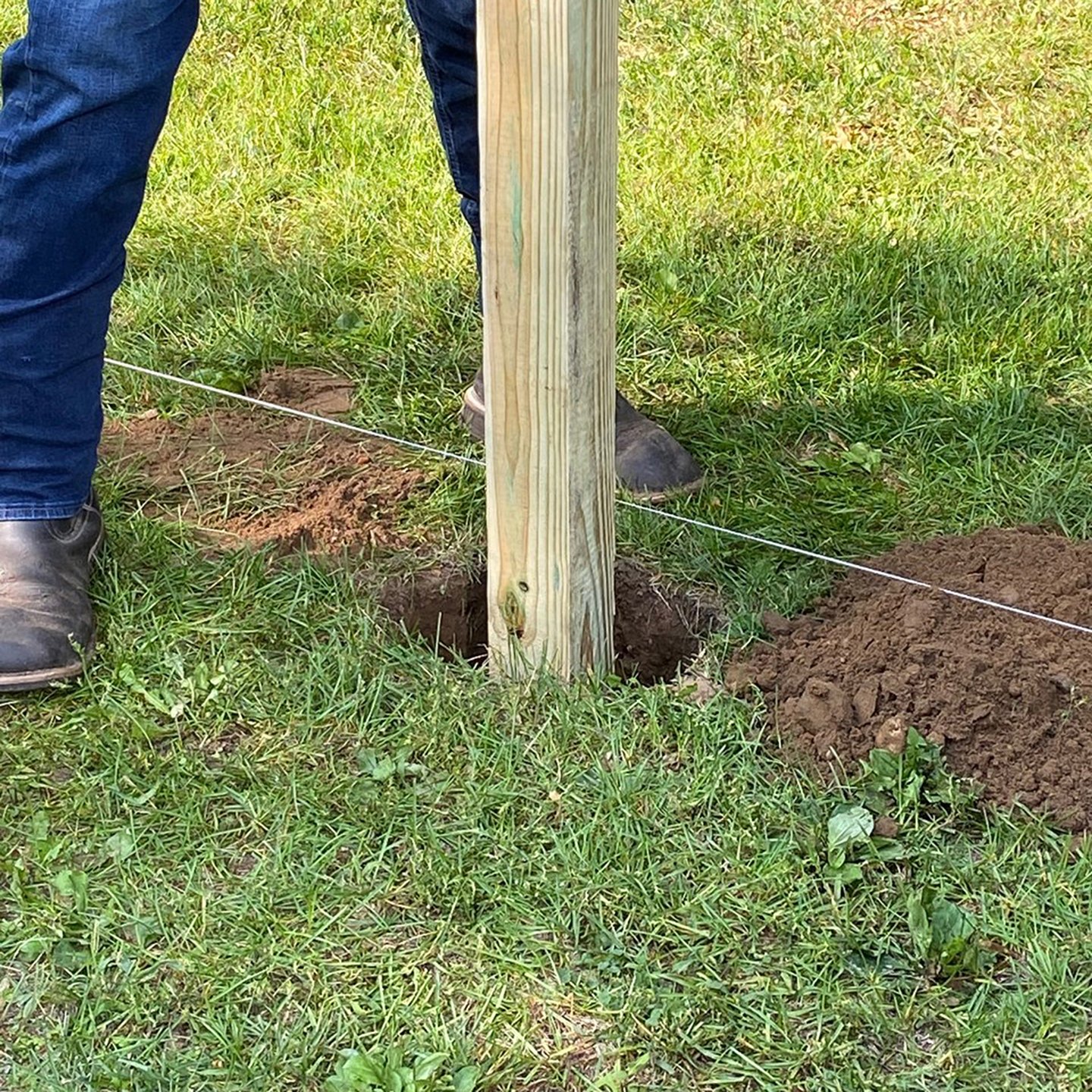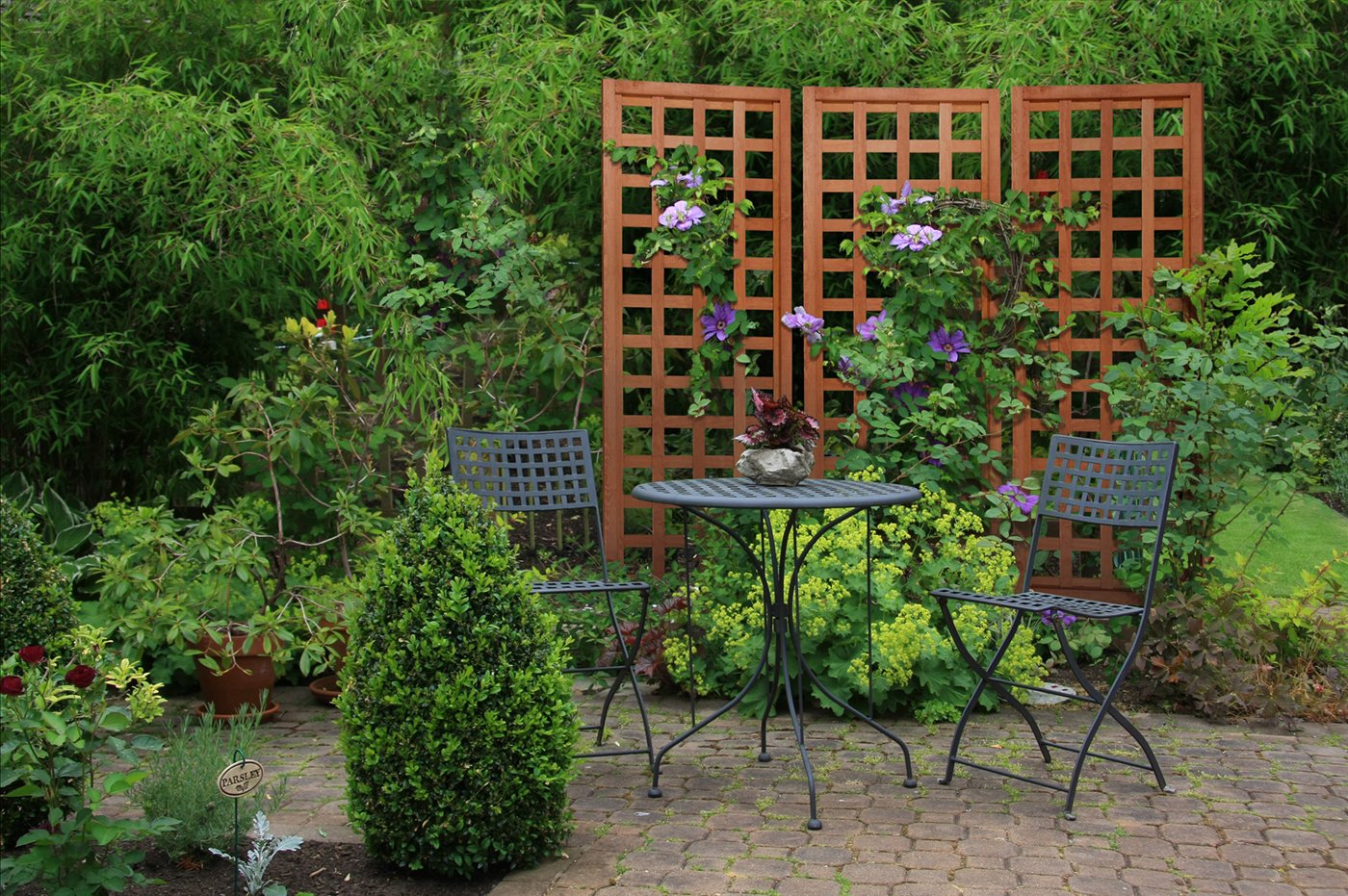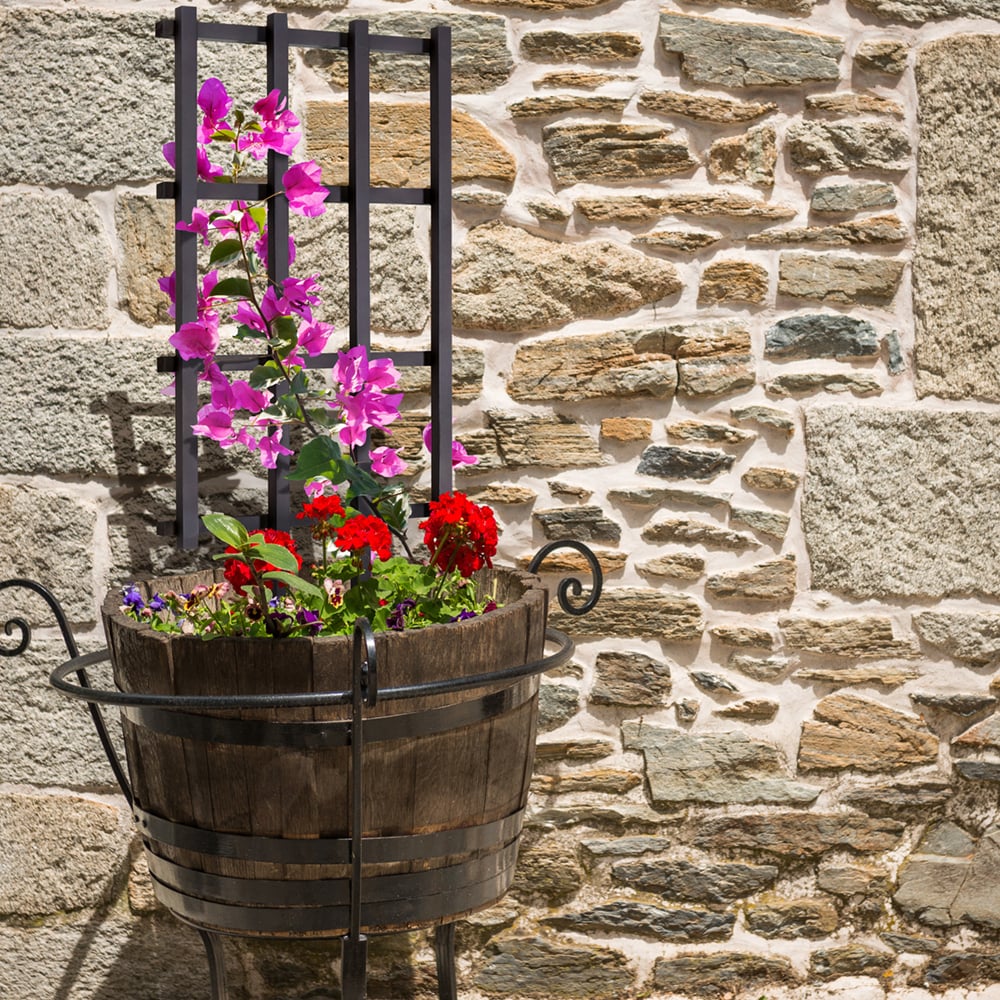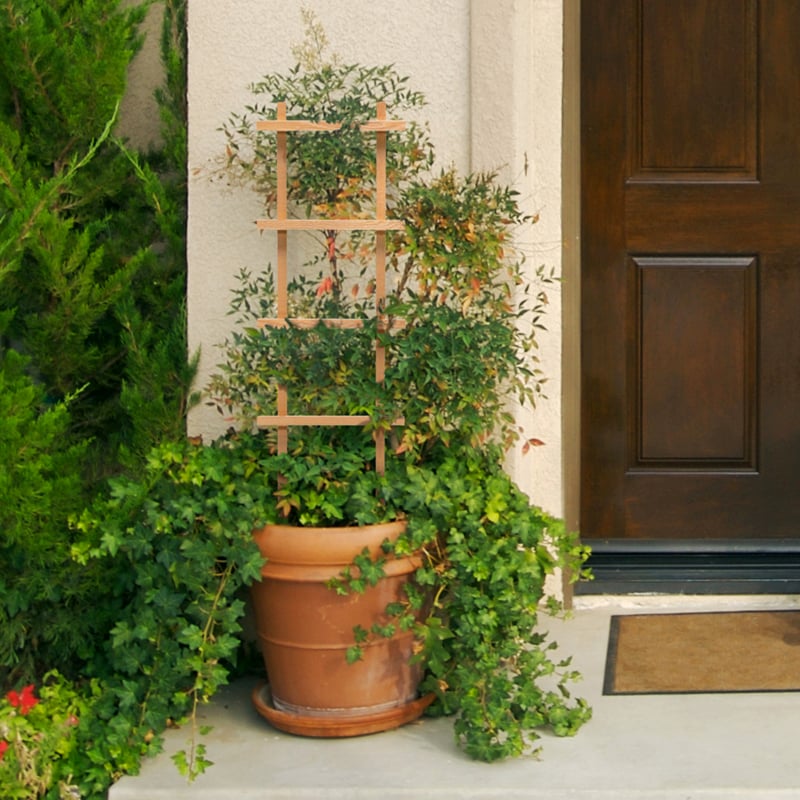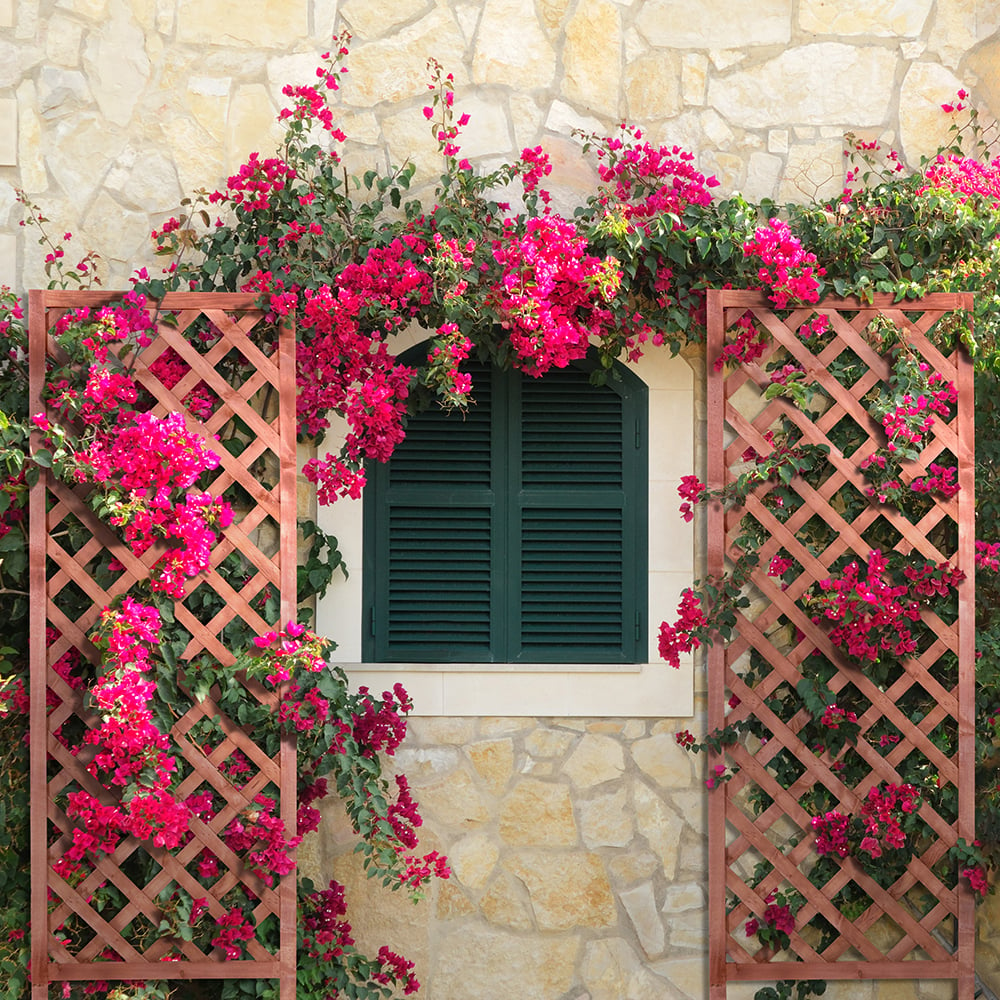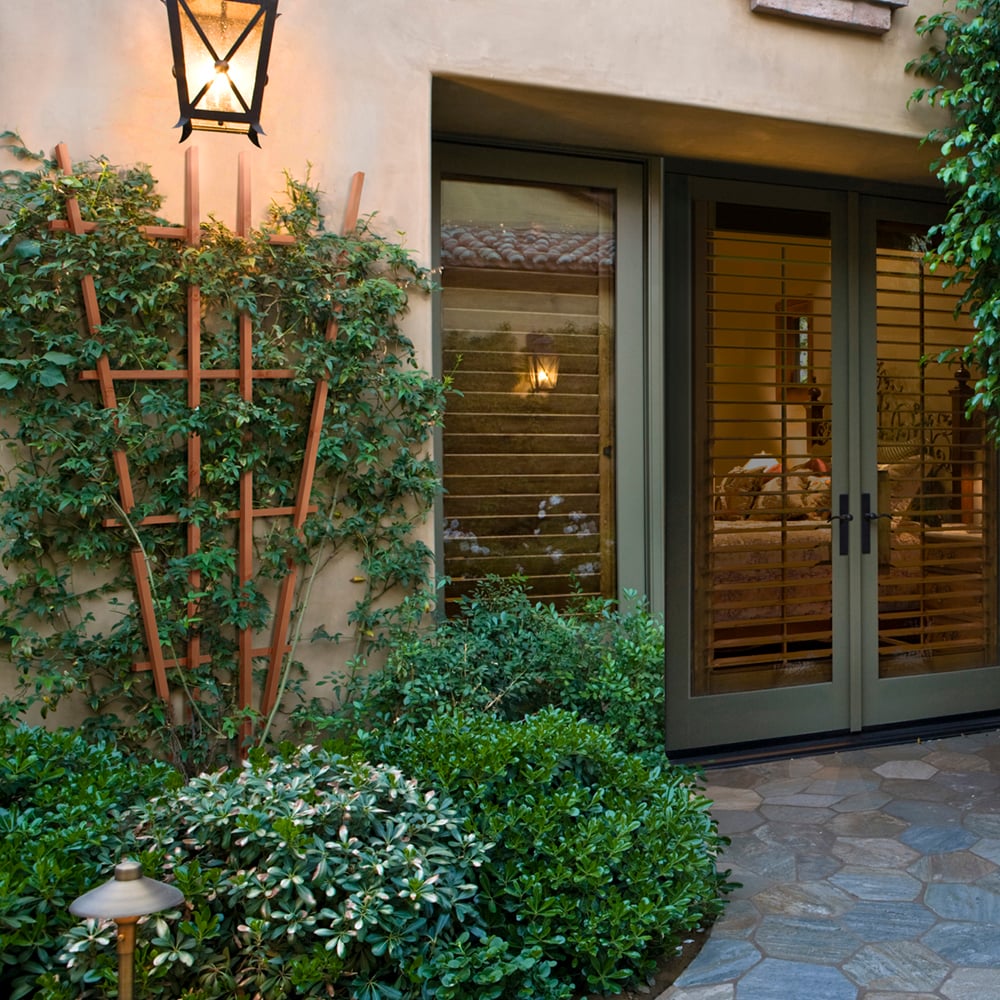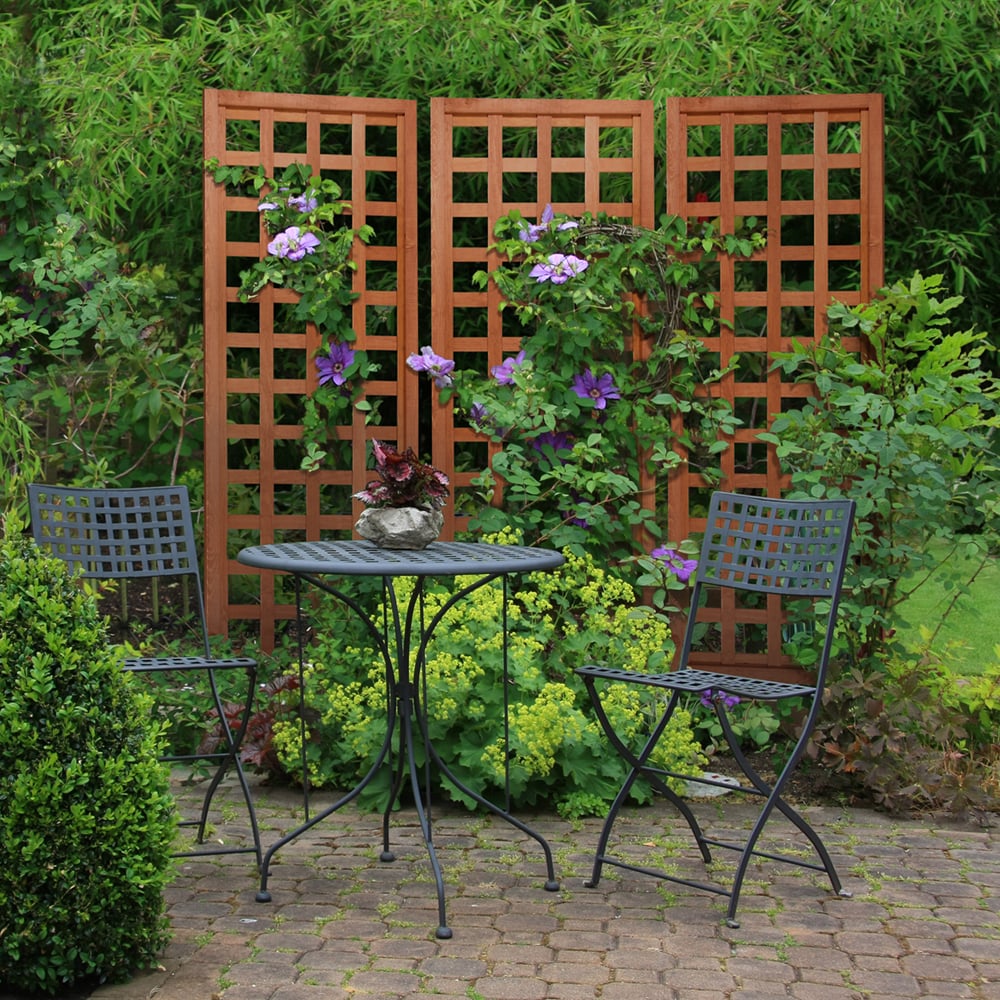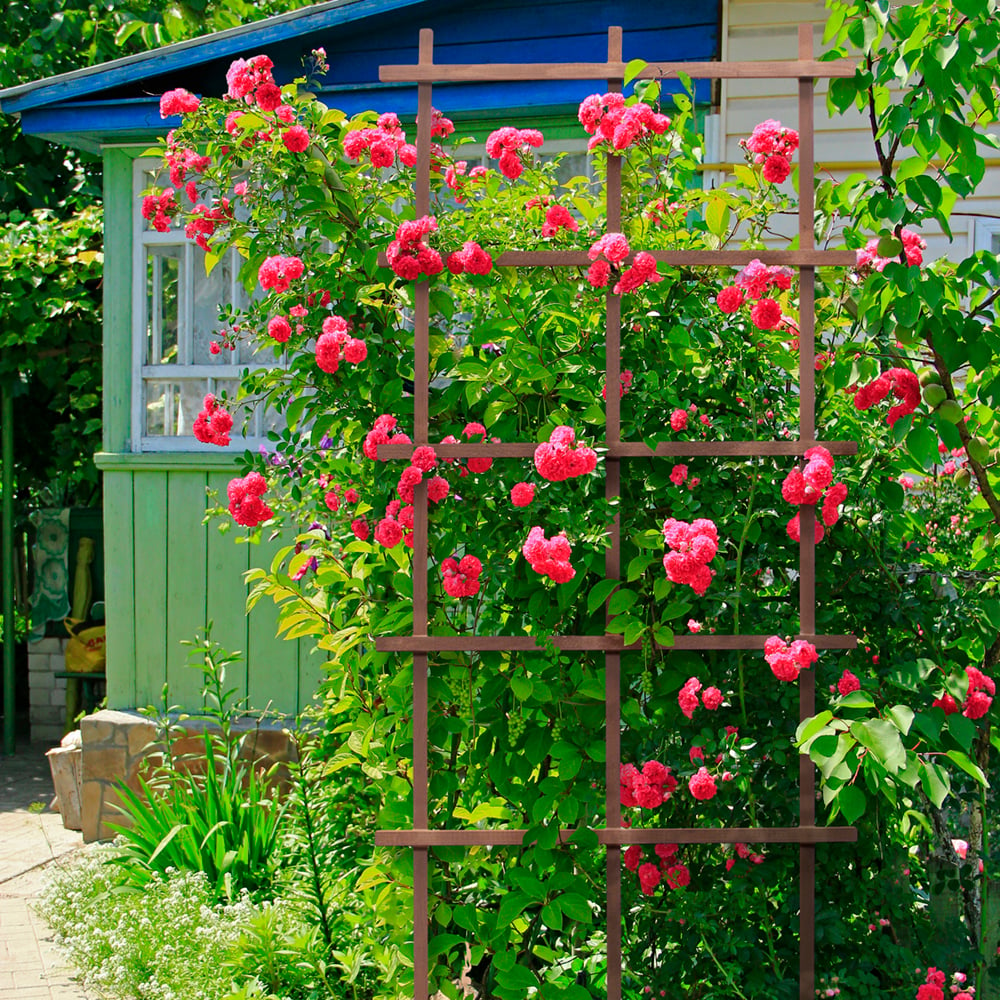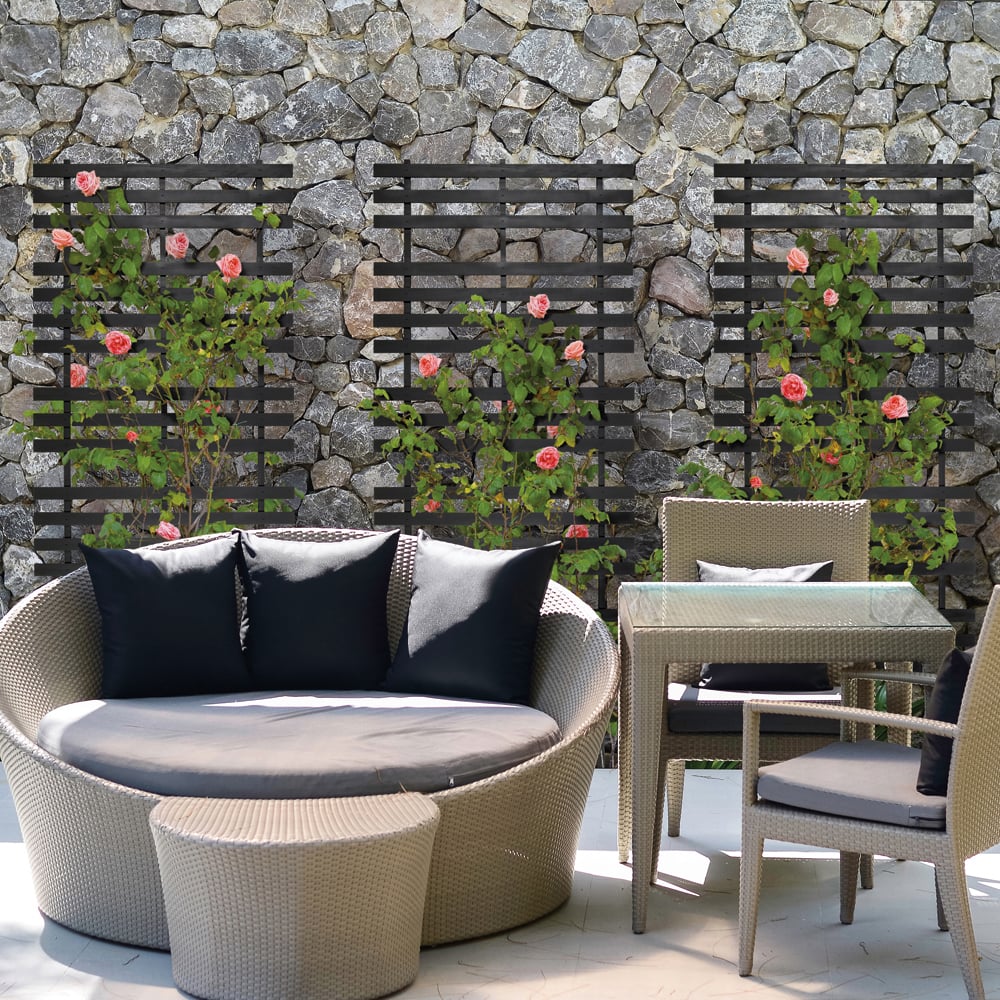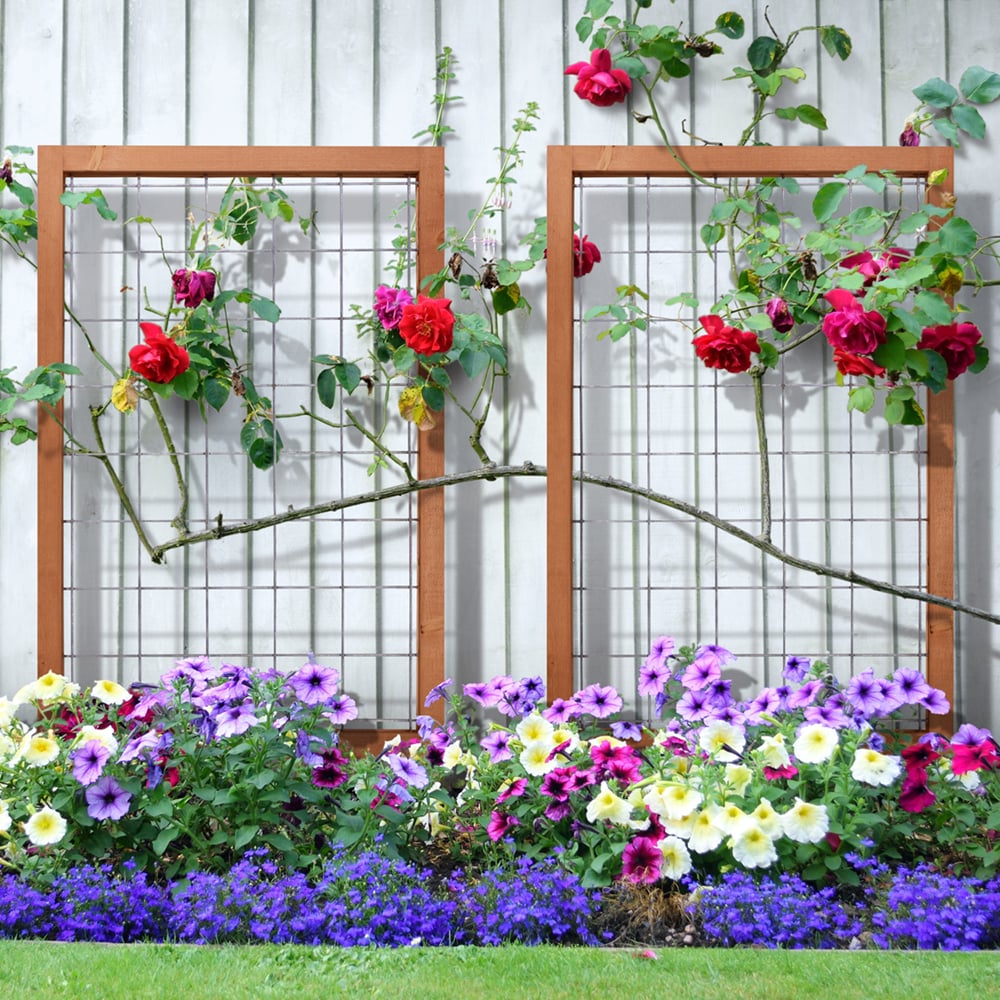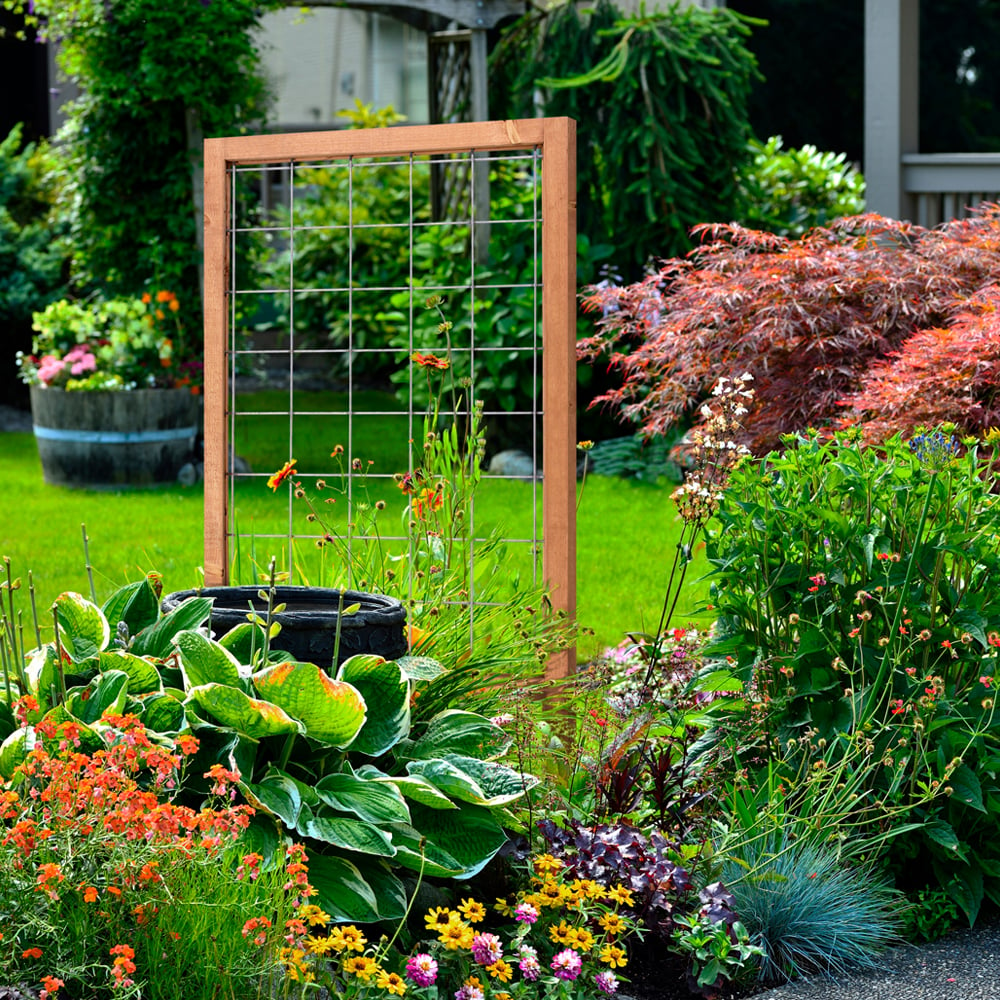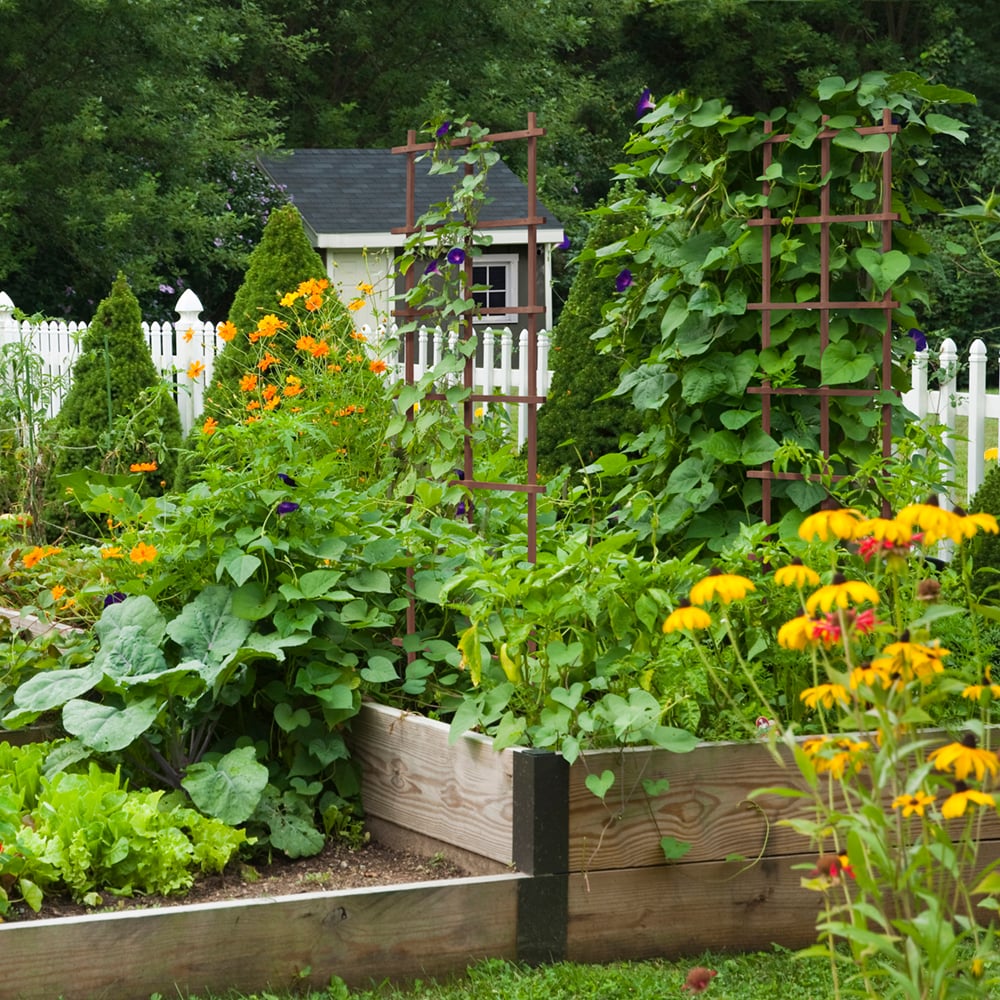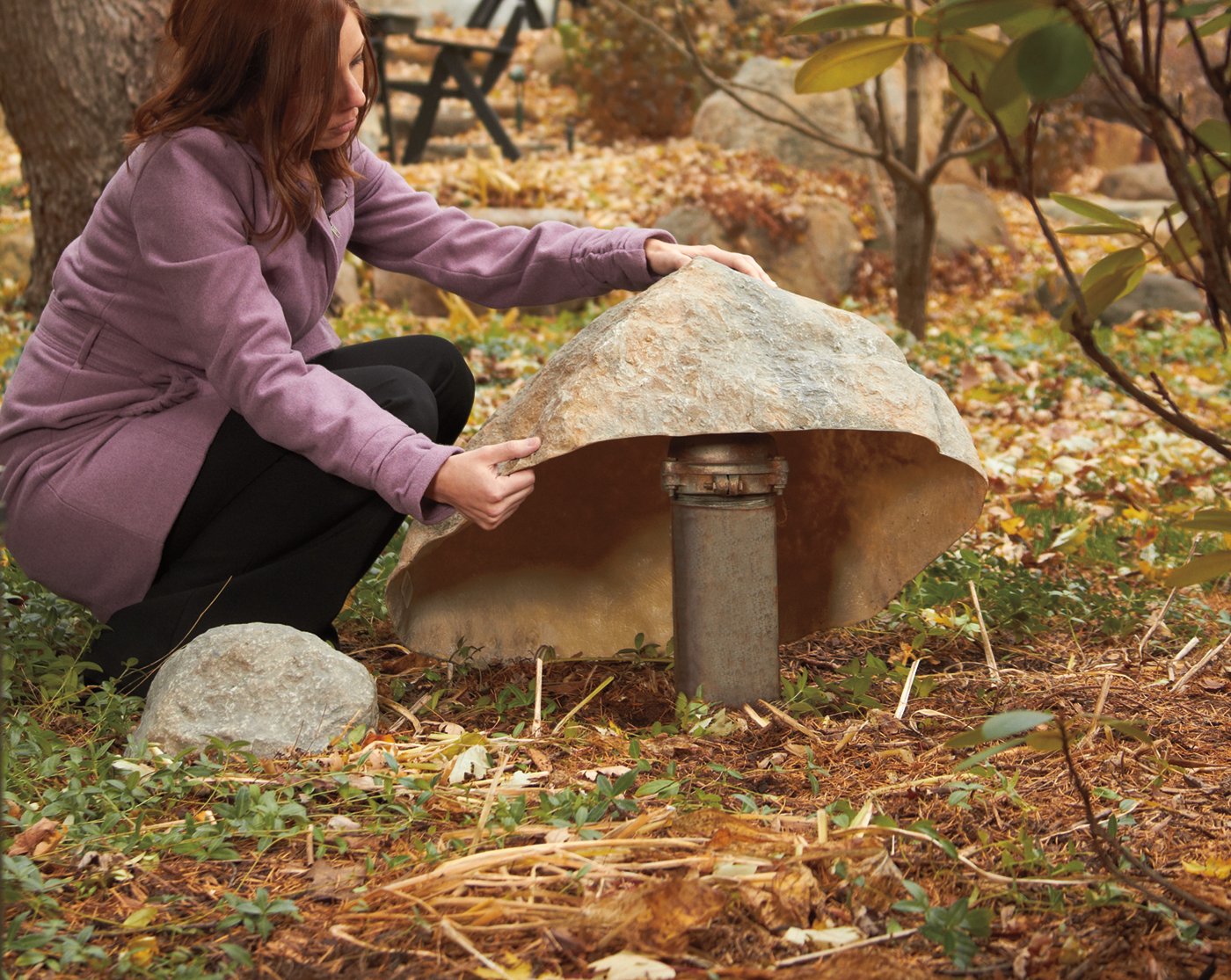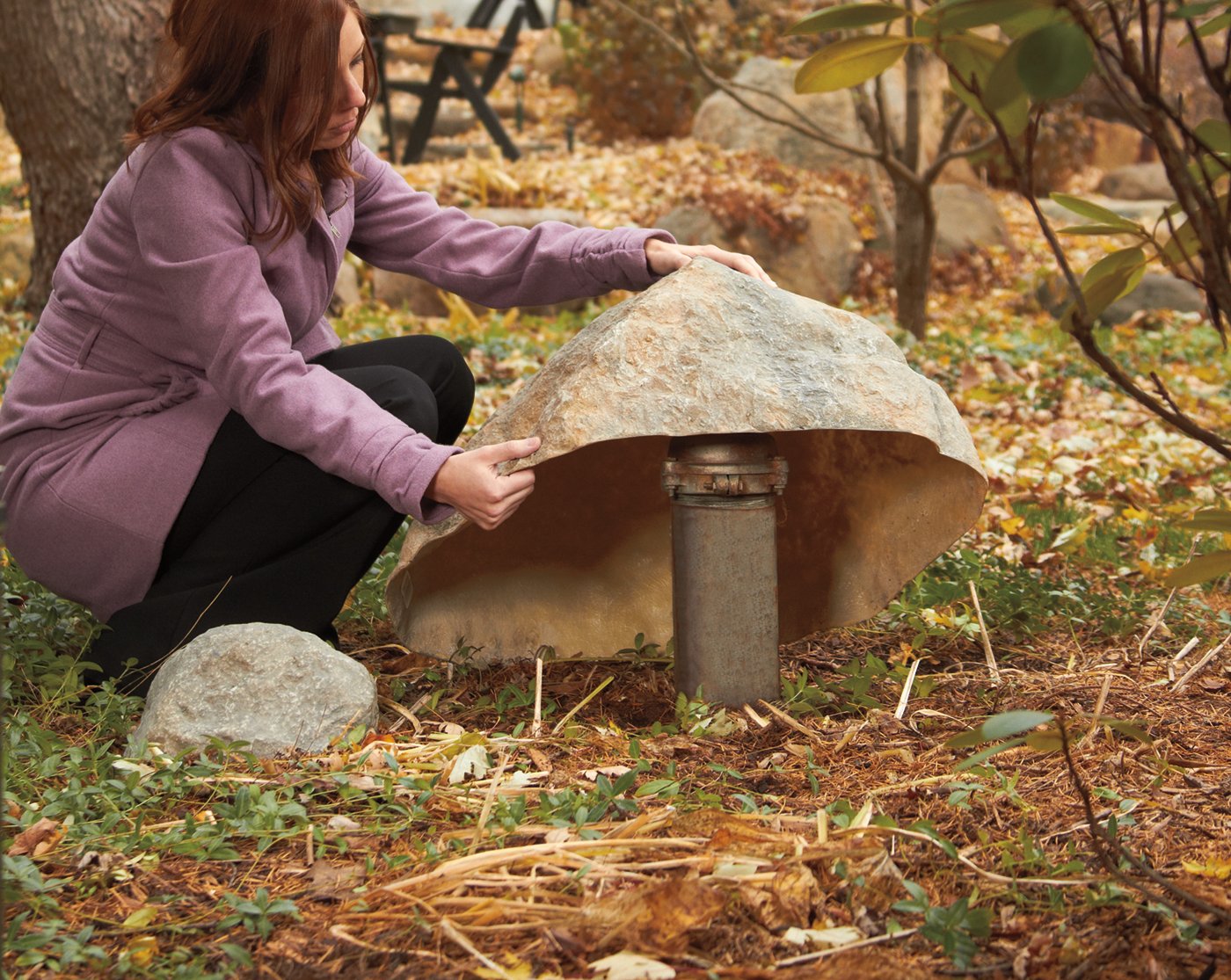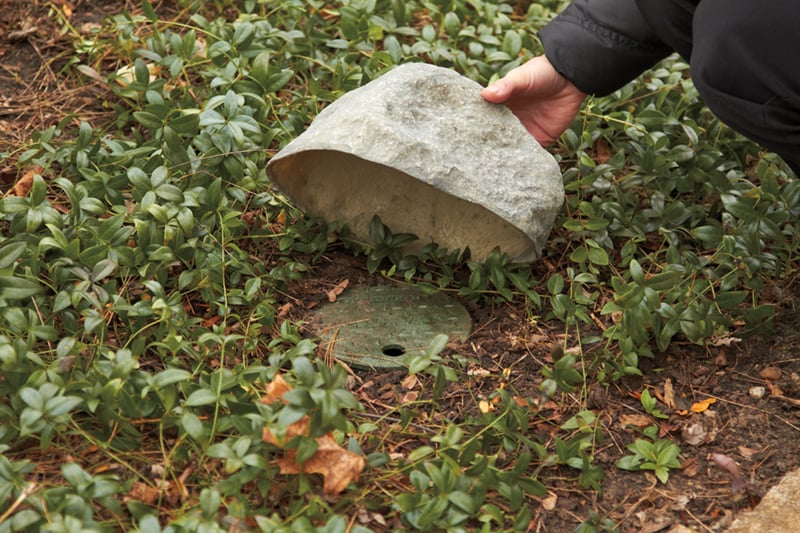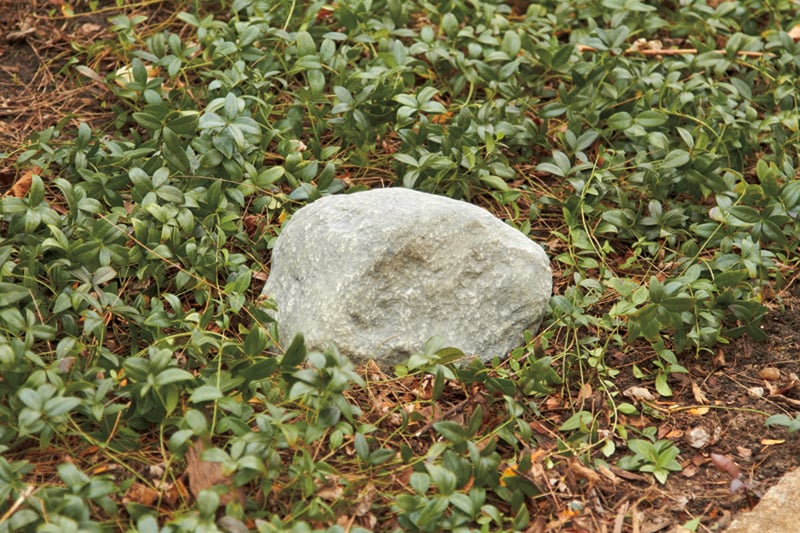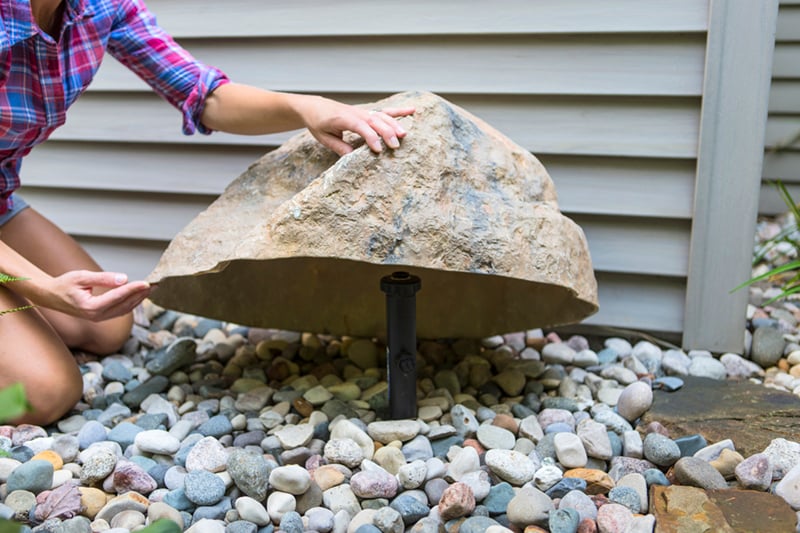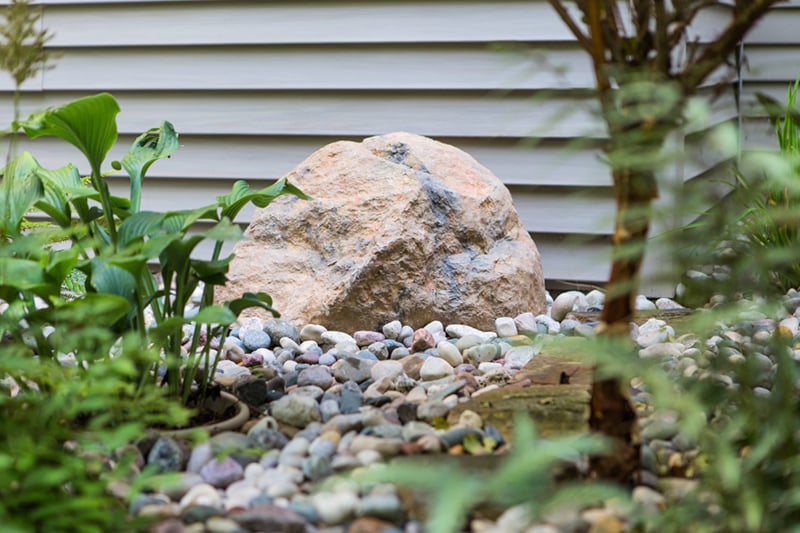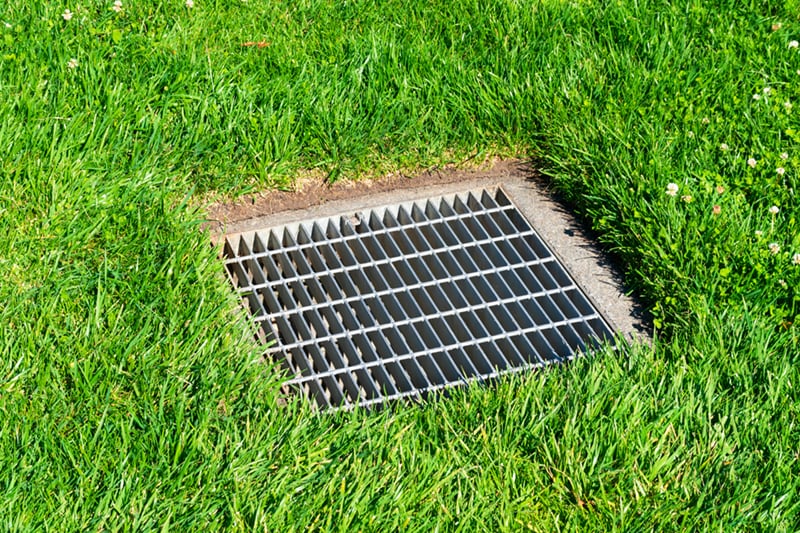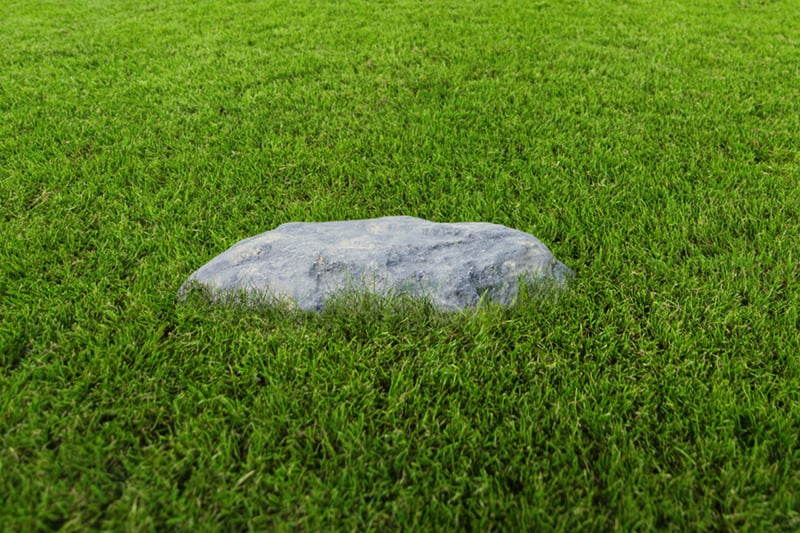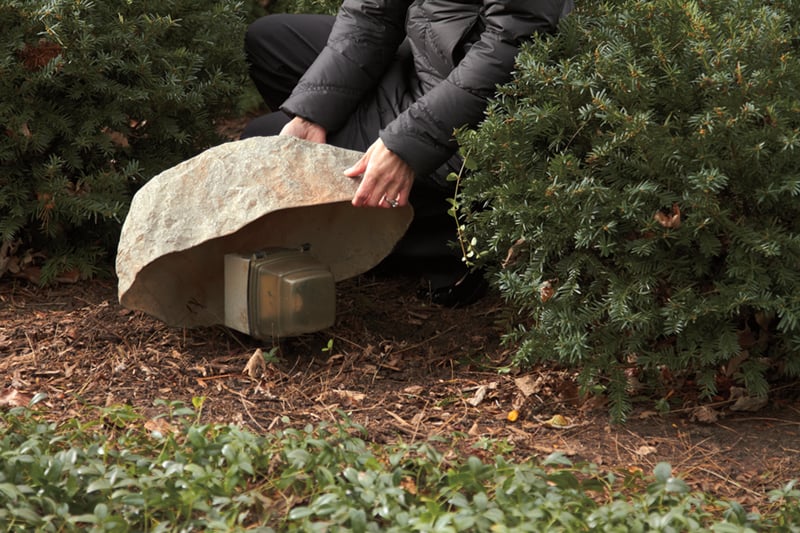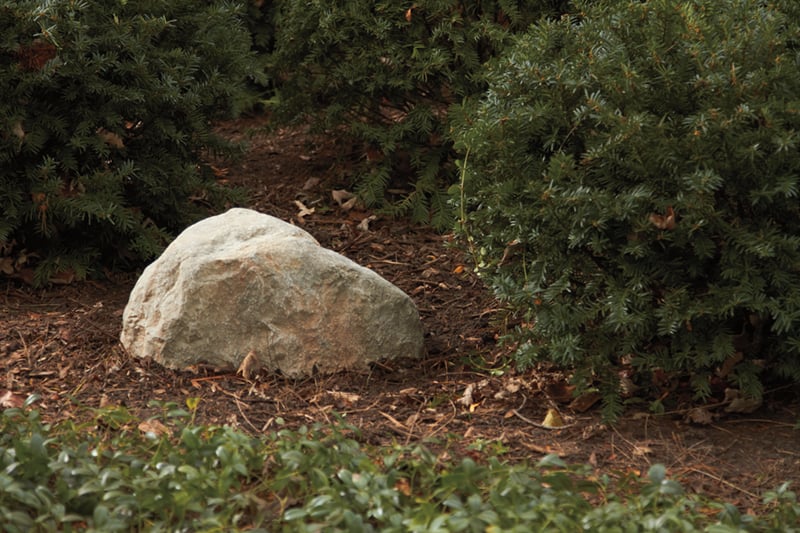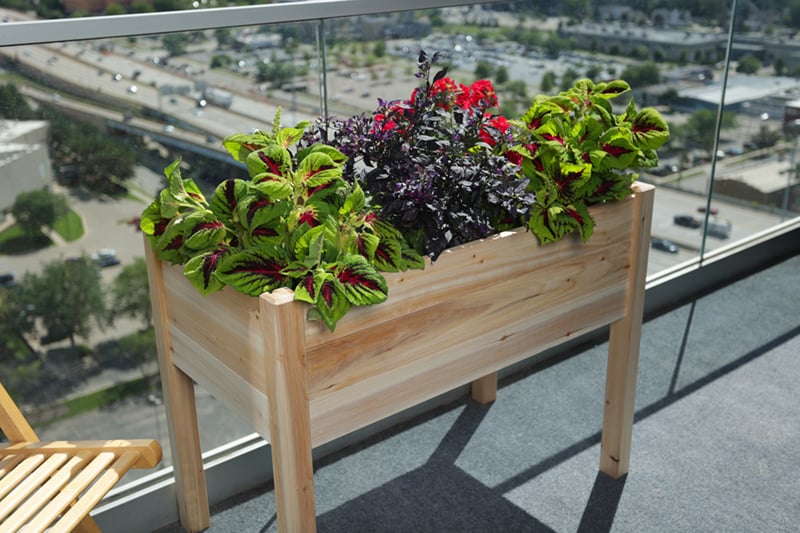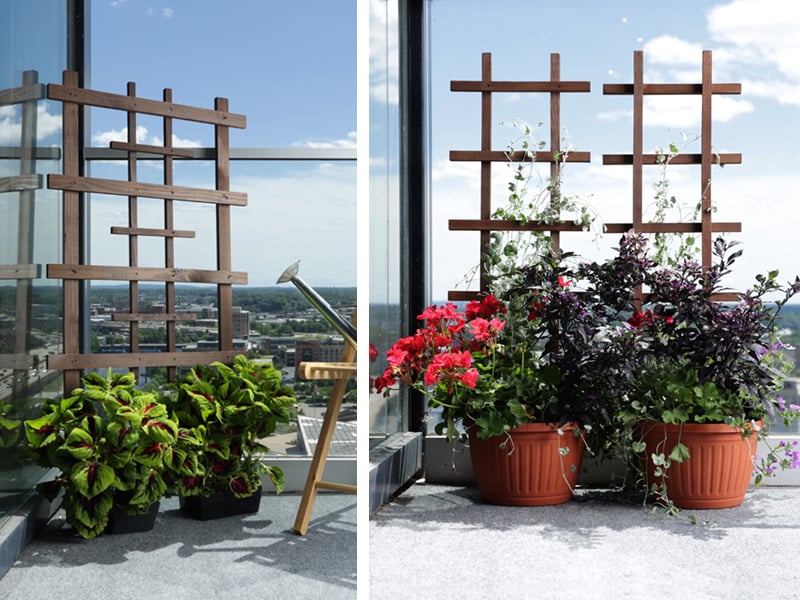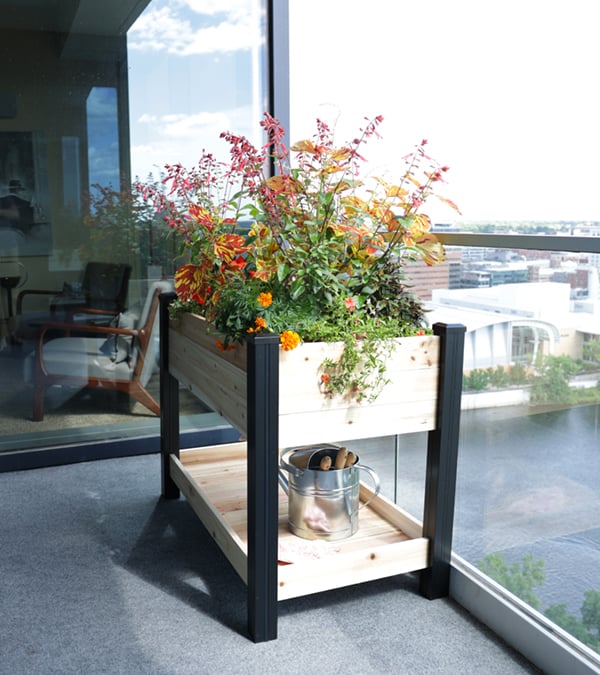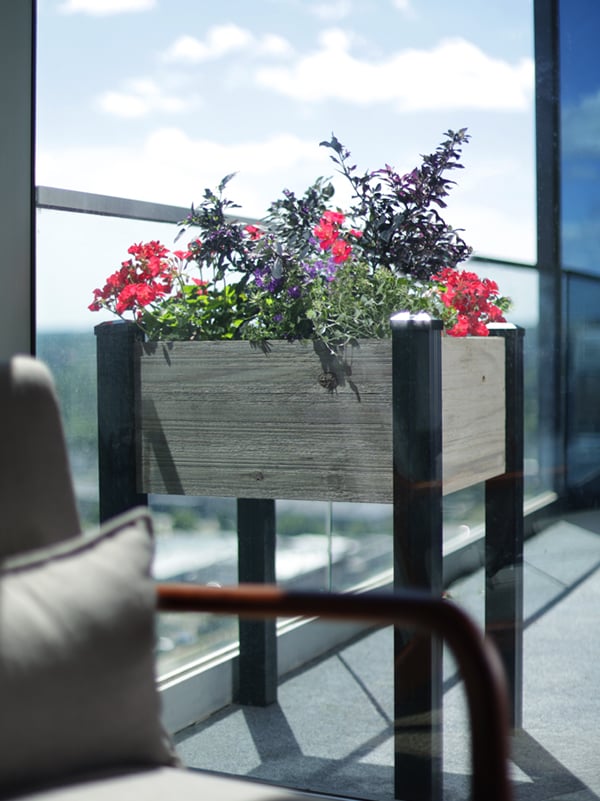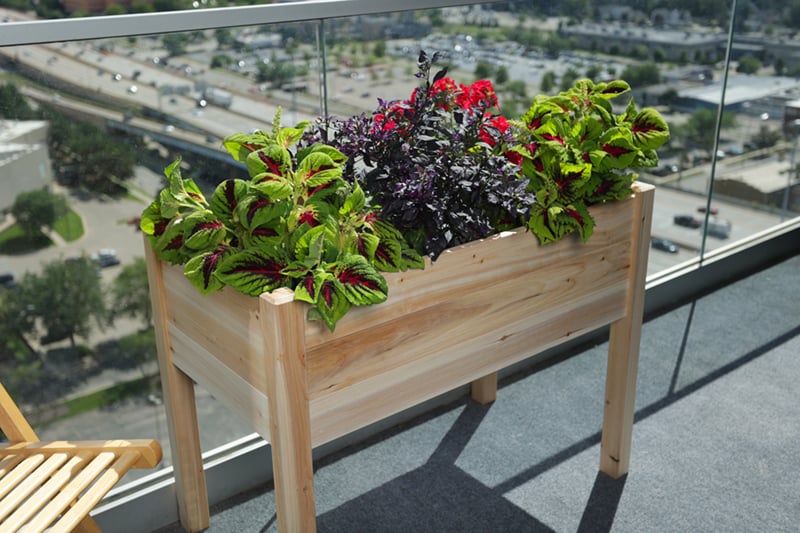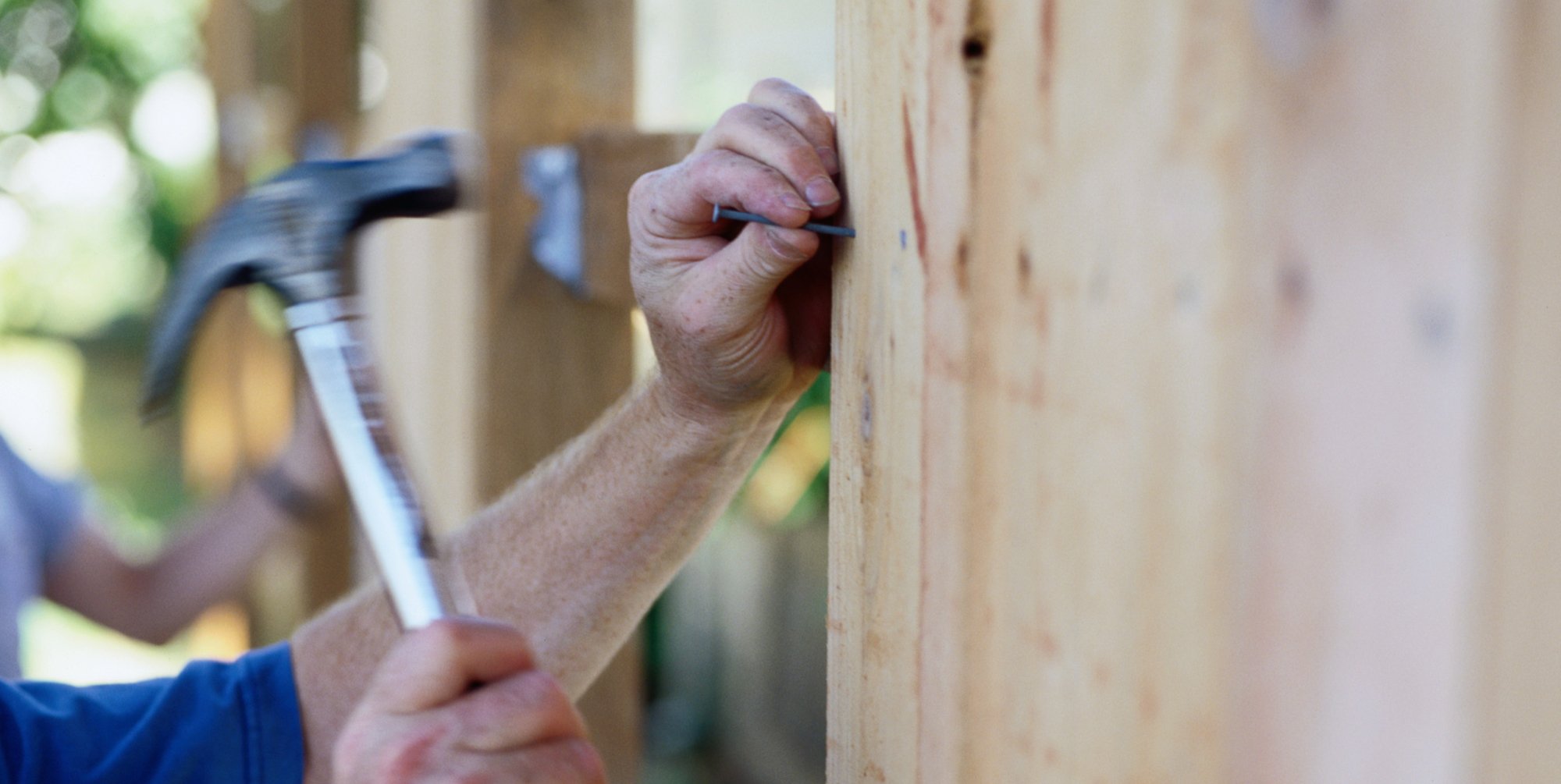
Fastener Material
The fastener material is determined by the type of wood you are using to build your fence. Some fastener materials and wood species don’t play well together, causing adverse reactions that compromise the appearance and structural integrity of the fence. Use this guide and check the fastener manufacturer’s recommendations for compatibility with the wood you’re working with.
Cedar Fences: use stainless steel, double hot-dipped galvanized or polymer-coated fasteners. Avoid zinc-plated steel because the zinc may with the acids in the cedar and create corrosion streaks.
Pressure-Treated Wood: it is crucial to use compatible fasteners because the preservatives used in the pressure-treatment process can adversely react with certain materials and cause the fasteners to corrode. With Outdoor Essentials® pressure-treated wood fencing, you will want to use hot-dipped galvanized, stainless steel, polymer-coated, silicon bronze or copper fasteners. These fasteners vary in price and durability, so choose the one best suited to your budget and application preference.
Untreated Wood: Most common fasteners like Zinc-plated steel are acceptable to use with untreated wood fencing. You do not need to worry about the fastener material reacting poorly to the wood since it is not treated.
Here is a helpful chart with suggested fasteners by wood fence material:

Nails or Screws?
To use nails or screws comes down to application preference. There are pros and cons to each; screws take longer to install than nails, however, nails are more likely to loosen over time. Nonetheless, screws secure fence components better than nails. Some DIYers prefer to use both nails and screws on a wood fence by attaching the pickets to the backer rails with nails, then attaching the backer rails/panels to the posts using screws.
Fastener Length
Whether you choose to use screws or nails, the length is crucial to the longevity of your fence. To attach pre-assembled panels or backer rails to posts, we recommend 18d to 20d nails or 3-1/2 in. to 4 in. long screws. To attach individual pickets to the backer rails, we recommend 8d to 10d nails, 1-1/2 in. ring shank nails or 1-1/4 in. to 1-3/4 in. long screws.
There are many fastener options available on the market today, so it is important to become familiar with the type of wood you are working with to build your fence and your preferred application style.
